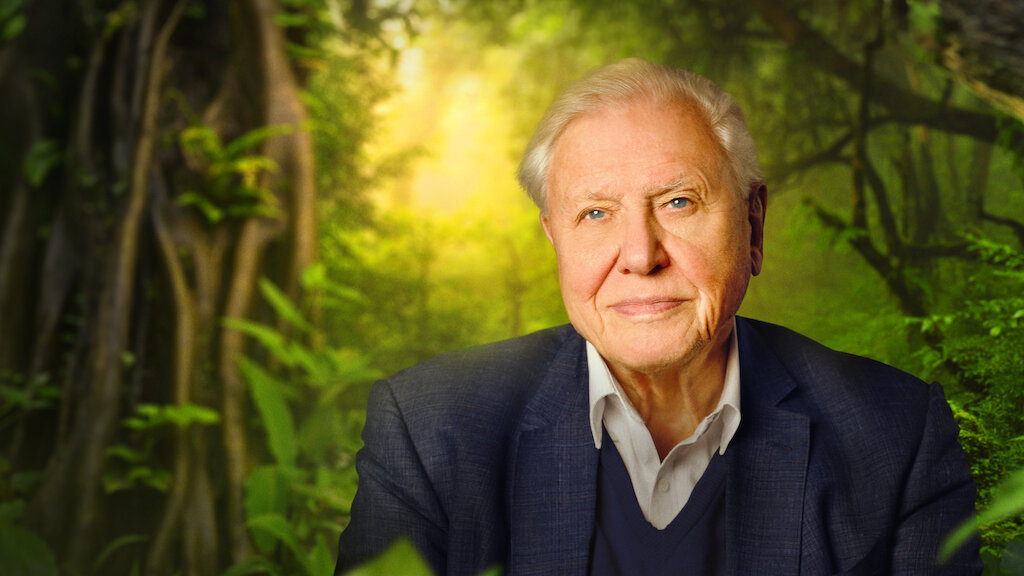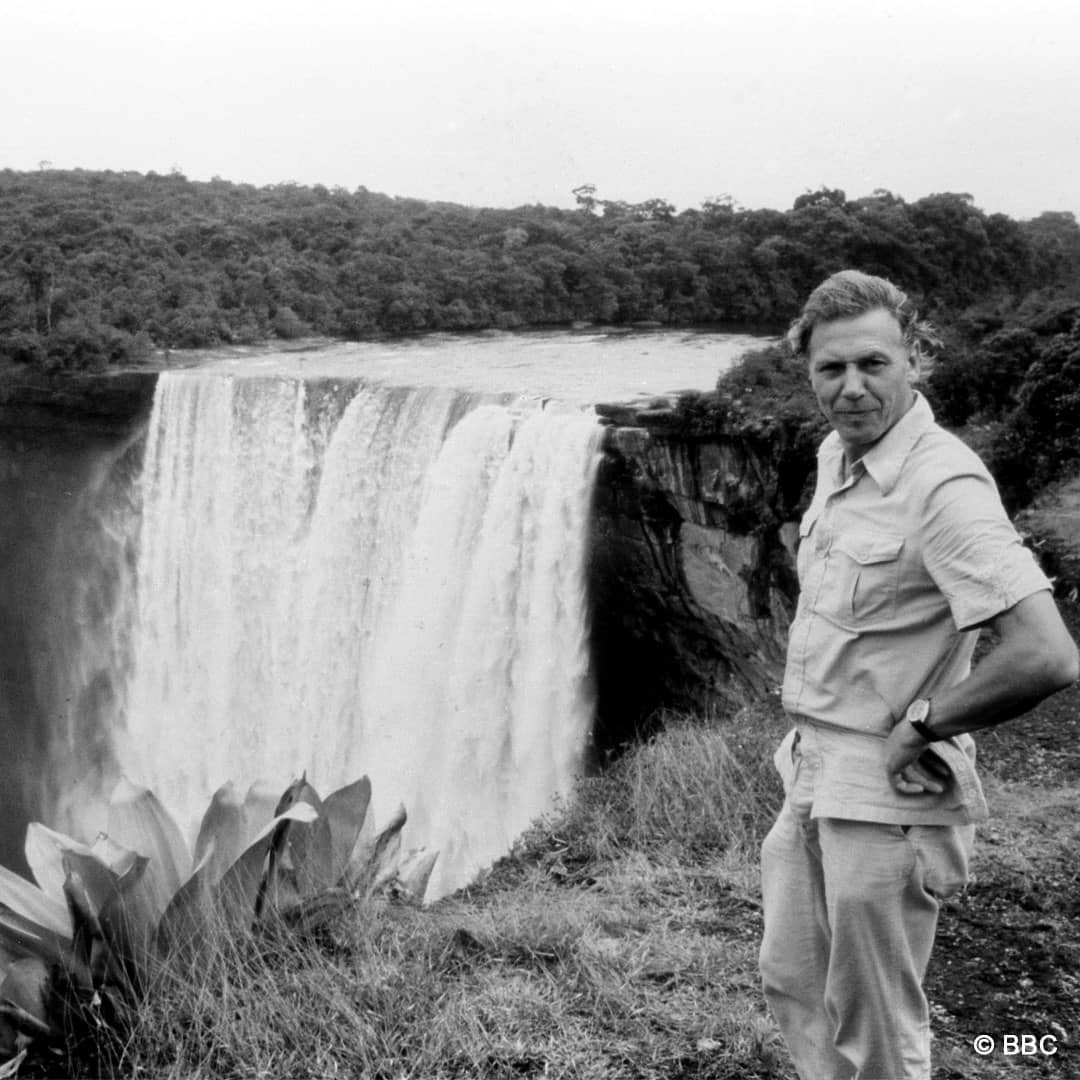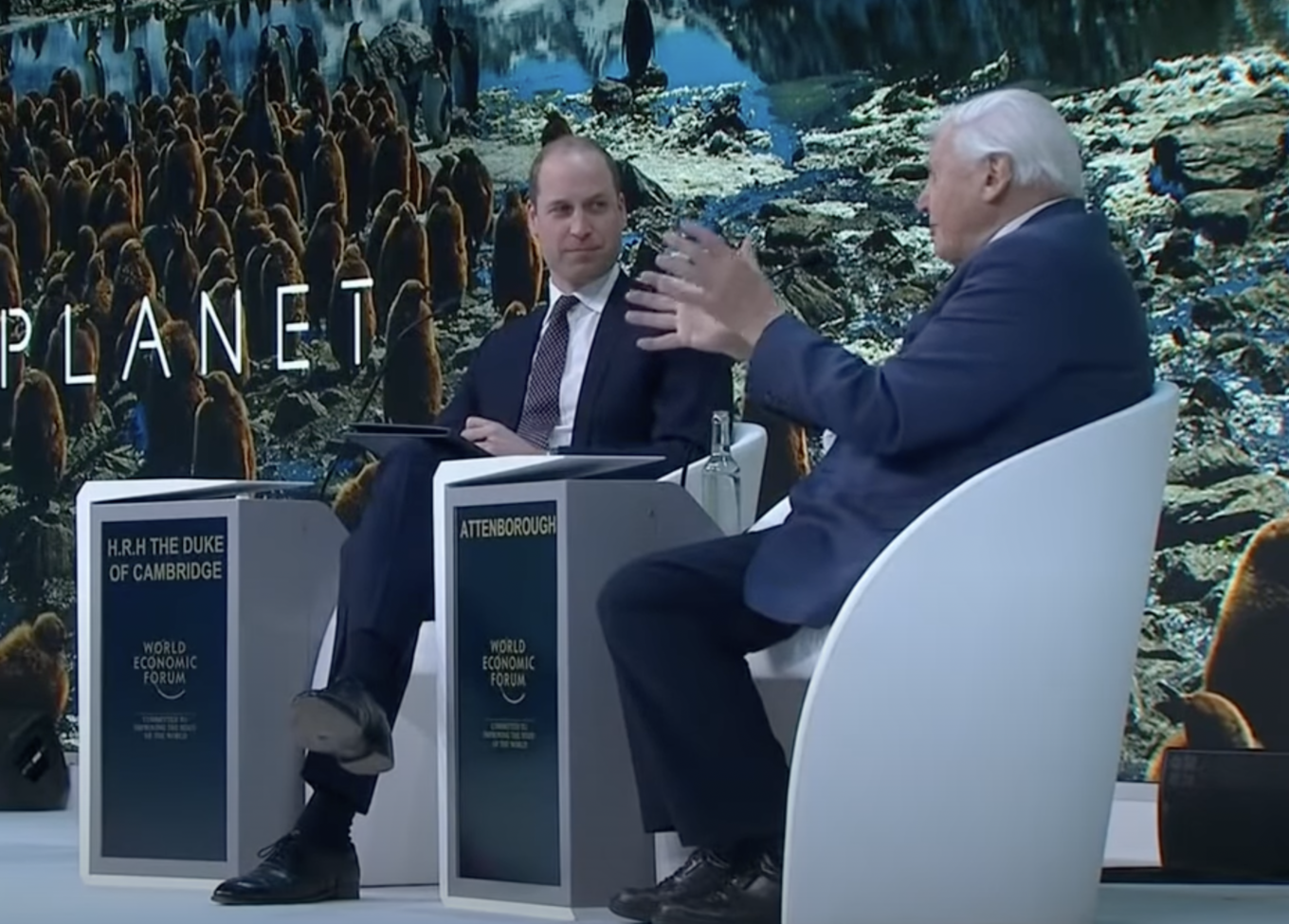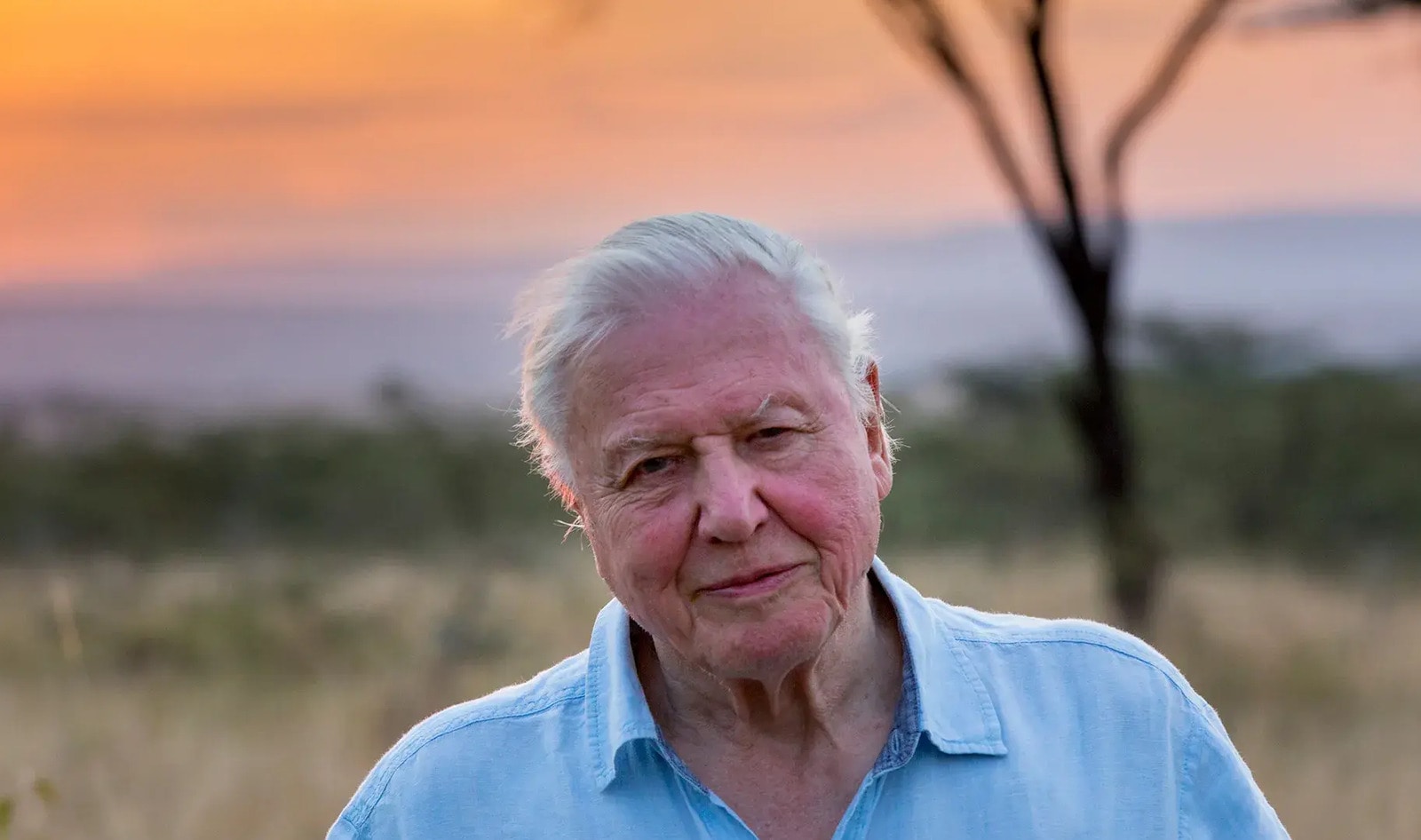David Attenborough is widely regarded as a national treasure in the UK. The legendary broadcaster and biologist has dedicated his life to exploring and documenting the natural world, producing some of the most influential environmental films of the past few decades. Blue Planet II, for example, helped spark a global conversation about the devastating impact of plastic pollution on marine life.
But there’s another remarkable thing about Attenborough: his age. The beloved environmentalist recently turned 99, putting him just shy of centenarian status.
There are likely many reasons behind Attenborough’s impressive longevity. Genetics may play a role—his father, Frederick Attenborough, lived until the age of 85. That’s 14 years less than his son has reached so far, but still above the UK’s average life expectancy of 82, and well beyond the US average of 77.
But genetics may not be the only factor at play. Attenborough shares several key lifestyle traits with the people who live in the world’s Blue Zones—five regions known for their high rates of healthy aging and exceptionally long lives. In these areas—including Okinawa, Japan; Sardinia, Italy; Nicoya, Costa Rica; Ikaria, Greece; and Loma Linda, CA in the US—it’s common for people to reach their 90s and even 100s without developing chronic diseases like heart disease or type 2 diabetes, which are prevalent in the West.
 Netflix
Netflix
So what’s their secret? There are a few, actually. People in Blue Zones tend to follow a largely plant-based diet with minimal meat, for example. They also maintain a strong sense of purpose, keep stress levels low, and stay physically active well into old age.
Below, we’ve rounded up key lifestyle habits Attenborough shares with Blue Zone residents, from his deep connection with nature to his mostly plant-based diet.
1 He doesn’t eat much meat
In all of the world’s Blue Zones, diets are centered around plant-based whole foods, with meat eaten sparingly or not at all. While David Attenborough isn’t fully vegan or vegetarian, he is a vocal critic of the meat industry, and as a result, he rarely consumes animal protein.
His primary concern is the environmental toll of meat production. It’s a leading contributor to greenhouse gas emissions, ocean pollution, and deforestation. “The planet can’t support billions of meat-eaters,” he told Radio Times in 2020. “If we all ate only plants, we’d need only half the land we use at the moment.”
Attenborough has said he still eats small amounts of fish and chicken, but he actively avoids red meat.
He told Good Housekeeping: “I have certainly changed my diet. Not in a great sort of dramatic way. But I don’t think I’ve eaten red meat for months.
“I do eat cheese, I have to say, and I eat fish. But by and large, I’ve become much more vegetarian over the past few years than I thought I would ever be,” he continued.
Avoiding red meat isn’t just beneficial for the planet, it’s also associated with a reduced risk of chronic disease. In fact, the World Health Organization classifies red meat as a Group 2 carcinogen. High consumption is also linked with an increased risk of type 2 diabetes and heart disease.
 BBC
BBC
2 He has a strong sense of purpose
A defining trait of Blue Zone communities is a strong sense of purpose. In Okinawa, it’s called ikigai—a “reason for being” that might involve family, community, or personal passion. David Attenborough is a clear example of this principle in action.
For decades, he has been driven by a deep commitment to educating the public about the natural world and advocating for its protection. Even at the age of 99, he remains actively engaged in his mission.
Most recently, he appeared at the premiere of his new film Ocean, which highlights the destructive impact of industrial fishing and emphasizes the vital importance of marine ecosystems. As always, his message remains hopeful.
“The ocean can bounce back to life. If left alone, it may not just recover but thrive beyond anything anyone alive has ever seen. In front of us is a chance to protect our climate, our food, our home,” he told BBC.
3 He eats small meals
Another common thread among Blue Zone residents is their habit of eating small, plant-forward meals—often guided by the 80 percent rule, which encourages people to stop eating when they’re about 80 percent full to avoid overeating.
Attenborough has spoken openly about not being a big eater. “I’ve never really been one for eating enormous meals, and I’m not particularly a gourmet either, so I can’t pretend that I’m feeling deprived in any way or that it’s cost me all that much,” he told Radio Times.
4 He takes care of his mental and physical health by spending time in nature
Blue Zone residents don’t rely on intense workouts to stay healthy. Instead, they incorporate natural movement into their daily routines: walking, gardening, or working around the home. They also focus on managing stress, often through connection with nature.
Though Attenborough no longer undertakes the long expeditions of his younger years, he still makes time for nature walks and quiet observation, practices that benefit both mental and physical well-being.
In a 2021 episode of the Call of the Wild podcast, he offered a simple piece of advice for restoring peace of mind: “Sit down. Don’t move. Keep quiet. Wait ten minutes. You’ll be very surprised if something pretty interesting didn’t happen. Doing that in a woodland, if you haven’t done it, it’s extraordinary. Don’t get too impatient, either.”
 Wikimedia Commons | World Economic Forum
Wikimedia Commons | World Economic Forum
5 He maintains strong social and intergenerational connections
One of the most powerful longevity factors in Blue Zone regions is a strong sense of community and connection, especially across generations. In places like Sardinia and Nicoya, elders are deeply respected and play an important role in family life. They’re not isolated or sidelined as they age—instead, they’re seen as sources of wisdom and experience.
David Attenborough embodies this value. Despite his global fame, he remains grounded and connected, regularly collaborating with younger generations of scientists, filmmakers, and environmental activists. He has narrated films aimed at younger audiences, mentored upcoming naturalists, and often speaks about the importance of leaving a better planet for future generations.
In the past, he has spoken about the importance of climate education in schools, for example. He once said, “Bringing nature into the classroom can kindle a fascination and passion for the diversity of life on earth and can motivate a sense of responsibility to safeguard it.”
For more plant-based stories like this, read:
JUMP TO ... Latest News | Recipes | Guides | Health | Subscribe









